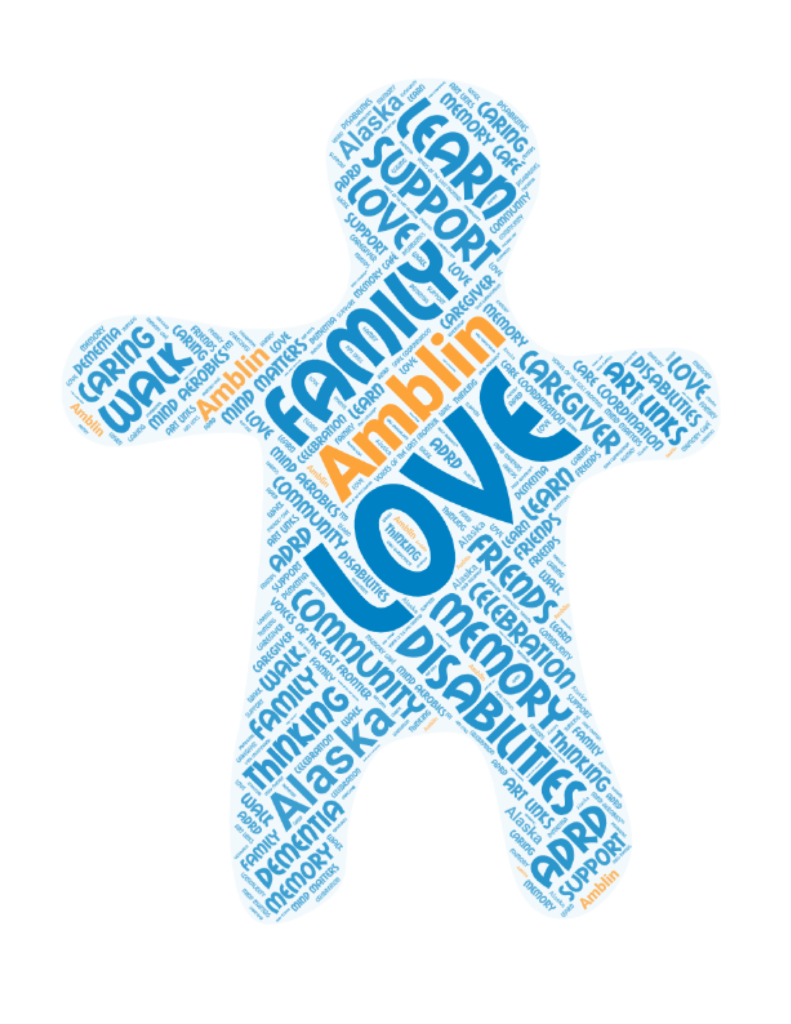Alzheimer’s disease is not normal aging. Symptoms of Alzheimer’s disease (AD) can include gradual memory loss, decline in the ability to perform routine tasks, disorientation, difficulty in learning, loss of language skills, and personality changes. Communication becomes difficult as the person with Alzheimer’s struggles to find words, finish thoughts or follow directions. The rate of progression varies from person to person. The time from onset of symptoms until death ranges from 3 to 20 years with the average being 8 years. Eventually persons with Alzheimer’s disease become totally incapable of caring for themselves. Symptoms usually occur in adults 65 years and older, although people in their 30s, 40s, and 50s may also be affected.
Be Aware of these Top Ten Warning Signs
1. RECENT MEMORY LOSS THAT AFFECTS DAILY ACTIVITIES OR JOB PERFORMANCE
It is normal to occasionally forget assignments or a telephone number but generally remember them later. Those with dementia may forget things more often and not remember them later. They may repeatedly ask the same questions, not remembering either the answer or that they already asked the question.
.
2. DIFFICULTY PERFORMING FAMILIAR TASKS
Busy people can be distracted from time to time and leave carrots on the stove, only remembering to serve them at the end of the meal. People with Alzheimer’s disease could prepare a meal, forget to serve it and even forget they ever made it.
.
3. PROBLEMS WITH LANGUAGE
Everyone has trouble finding the right word sometimes, but can finish the sentence with another appropriate word. A person with dementia may forget simple words or substitute inappropriate words, making their sentence incomprehensible.
.
4. DISORIENTATION OF TIME AND PLACE
It is normal to forget the day of the week or your destination for a moment but people with AD can become lost on their own street or in a familiar shopping mall, not knowing where they are or how they got there.
.
5. POOR OR DECREASED JUDGMENT
People can become so immersed in an activity or telephone conversation that they temporarily forget the child they are watching. A person with Alzheimer’s could entirely forget the child under their care and leave the house to visit a neighbor.
.
6. PROBLEM WITH ABSTRACT THINKING
People who normally balance their checkbooks may be momentarily disconcerted when the task is more complicated than usual, but will eventually figure out the solution. Someone with AD could forget completely what the numbers are and what needs to be done with them.
.
7. MISPLACING THINGS
Anyone can misplace their car keys, but eventually find them. A person with AD may put things in inappropriate places or not even recognize the keys as what they are intended for.
.
8. CHANGES IN PERSONALITY
A person’s personality can change as they get older or as character traits fluctuate. Someone with Alzheimer’s may have a radical change in personality as they become paranoid, suspicious, angry or even fearful.
.
9. LOSS OF INITIATIVE
It is normal to tire of obligations or tasks. A person with AD may become very passive and require cues prompting them to become involved in activities or social events.
.
10. CHANGES IN MOOD OR BEHAVIOR
Everyone has mood changes from time to time. A person with Alzheimer’s can exhibit rapid mood swings for no apparent reason. They may also become angry and not understand why or be able to express their frustrations.

 Make a Payment
Make a Payment



